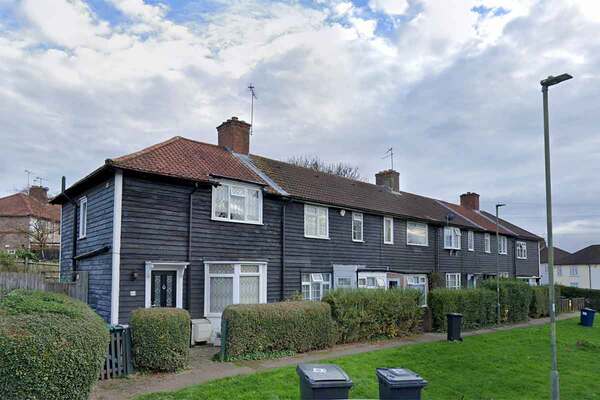You are viewing 1 of your 1 free articles
Landlords may ‘discriminate more’ after Section 21 scrapping, body warns
Private landlords could become “more selective” about which tenants they rent to if the government’s proposal to end so-called ‘no-fault’ evictions goes ahead.
According to a survey conducted by the Residential Landlords Association (RLA), 84% of landlords say the abolition of Section 21, which allows private landlords to evict tenants after a fixed period without giving a reason, will impact how they choose which tenants to let their properties to.
David Smith, policy director at RLA, said that the figure could be taken negatively, and mean that landlords will discriminate more.
He said: “Inevitably, to some extent, all landlords discriminate and what they really discriminate on is affordability.
“If landlords can’t be confident they will get their properties back, that discrimination will become harder and that will inevitably fall most aggressively on people who are least able to afford property, which inevitably means people who are subject to housing benefit caps.”
The RLA is the UK’s largest landlord representative body, representing over 35,000 private landlords.
Of the 6,500 landlords surveyed by the RLA, 45% said they were more likely to remove some or all of their investment in the private rented sector as a result of the government’s plans to end Section 21 repossessions.
Prime minister Theresa May announced the government’s plans to abolish Section 21 evictions in April, in a move that was welcomed by housing and tenant groups across the country.
However, RLA warn the move could end up disadvantaging vulnerable tenants at higher risk of rent arrears.
So-called no-fault evictions were abolished in Scotland in 2017.
When asked whether the banning of no-fault evictions in Scotland resulted in the kind of consequences RLA members are predicting will happen in England, Mr Smith said the cases are not comparable.
This is partly because the Scottish government first introduced stronger safeguards for landlords that wish to evict tenants for failing to meet their contractual obligations, for example by not paying rent.
In England private landlords can use the Section 8 process to evict tenants who have not met their contractual obligations, a route that is criticised by the RLA as being too slow.
As part of the announcement in April, the prime minister also said she planned to amend the Section 8 eviction process so property owners are able to regain their home should they wish to sell it or move into it.
Court processes will also be expedited so landlords are able to swiftly and smoothly regain their property in the rare event of tenants falling into rent arrears or damaging the property.
Mr Smith said he was doubtful the Section 8 process would be improved before the banning of Section 21, due to cuts to the Ministry of Justice’s funding.
“There is concern that the Ministry of Justice won’t actually get on board when it comes to the crunch,” he said.












